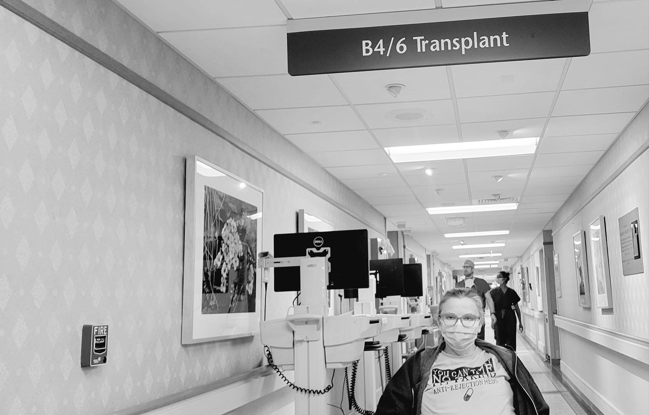Mile Bluff becomes a state-recognized Coverdell Stroke Care Partner
- Category: News
- Posted On:
Every 40 seconds, someone in the United States experiences a stroke. Every four minutes one of those individuals dies. Stroke is responsible for taking the lives of about 140,000 Americans each year, which is roughly one out of every 20 deaths in the United States.
Stroke is also a leading cause of serious long-term disability. It can affect the senses, speech, behavior, thoughts, memory, and emotions; and one side of the body may become paralyzed or weak. In fact, stroke reduces mobility in more than half of the survivors who are 65 and older.
When a stroke occurs, blood circulation to the brain fails. This leads to parts of the brain becoming damaged or dying. For stroke survivors, recovery can take months or years; and in many cases, individuals never fully recover.
Because of the quick - and sometimes irreversible - damage that can occur, recognizing and treating stroke as soon as possible is critical. That is why Mile Bluff Medical Center has recently taken its stroke treatment initiatives and care to the next level.
Mile Bluff has been recognized by the Wisconsin Department of Health Service’s Coverdell Stroke Program, for becoming a Coverdell Stroke Care Partner. As a Coverdell Stroke Care Partner, Mile Bluff will be working to deliver community education, review internal protocols, and provide regular feedback to local emergency medical services. The stroke and emergency department teams will also conduct mock rapid response stroke drills, and participate in clinical stroke education.
The key to the most effective stroke care and recovery is to get treatment started as soon as possible. The best way to ensure that treatment will begin as soon as possible is to dial 9-1-1 at the first sign of stroke. Calling for emergency medical services means that the person experiencing the stroke will be able to receive life-saving treatment in the ambulance even before getting to the hospital. Once at the hospital, patients receive emergency care, treatment to prevent another stroke, and even rehabilitation to treat the side effects of stroke, if needed.
Effective stroke care requires coordination across many partners; and hospitals that have coordinated, community-based efforts like this, have shown a reduction in re-hospitalization rates. The participation of Mile Bluff will further ensure that patients who experience a stroke, will be cared for by a team that meets the highest of standards.
To learn more about stroke prevention, signs, symptoms, and more, visit www.stroke.org.

